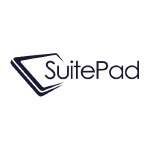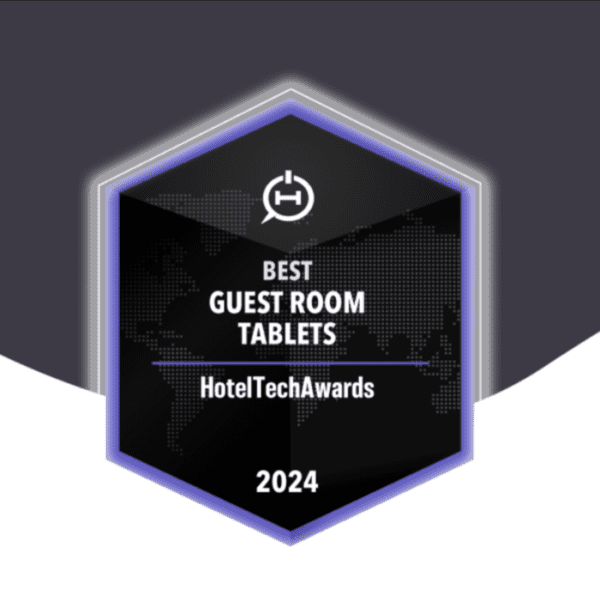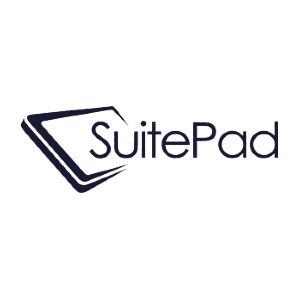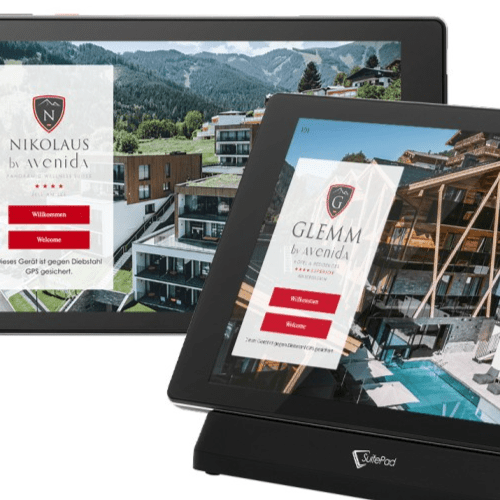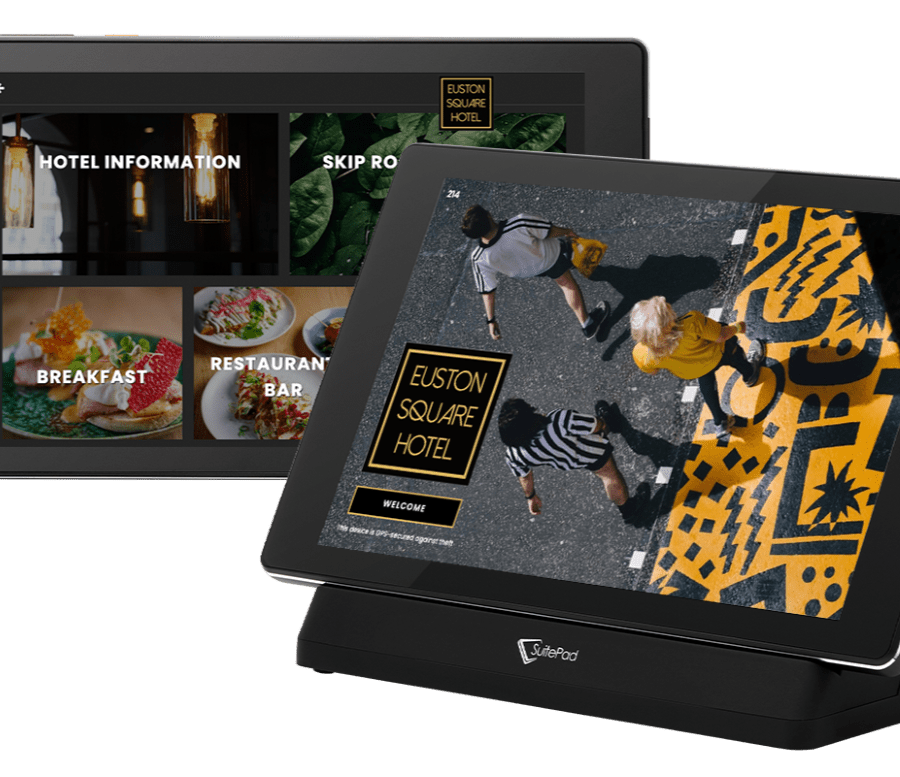As the global pandemic rages on, it’s important that businesses take responsibility for keeping their customers safe if they want to reopen and remain open.
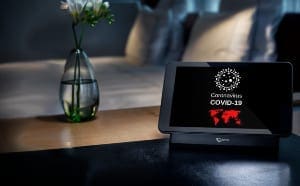 This is no different for the hotel industry. Hoteliers need to make sure that guests not only have adequate access to up-to-date information on the pandemic but that they also have open channels of communication so guests can clarify any questions they may have.
This is no different for the hotel industry. Hoteliers need to make sure that guests not only have adequate access to up-to-date information on the pandemic but that they also have open channels of communication so guests can clarify any questions they may have.
In this article, we will be explaining how digital technology can help you provide quick, accessible, and up-to-date information to guests while they’re in their rooms, ensuring you deliver the important details they need in a way that’s both clear and non-invasive.
This is the last in a series of four blog articles looking at how hotels can utilize digital technology to operate successfully during the global pandemic. Check out the previous articles on opening hotels safely, reducing the risk of spreading the virus, and using digital menus for in-room dining to discover more on this subject.
Information is king
Many of us have never lived through anything quite like the current global pandemic. With regulations and recommendations constantly changing as well as so many regional variations for COVID-19-related recommendations, it’s easy for guests to be left without up-to-date information. Rules in place in one area may not apply in another, and vice versa.
Misinformation, out of date details, and misunderstandings can all cost lives during a global pandemic, and breaches of certain rules can also cost you a hefty fine or even your right to operate. It’s your responsibility to ensure that guests know what rules they should follow. These rules are in place to protect them and others around them.
But, how do you relay this information in a way that is effective? If you receive many international guests, you’ll probably need to offer it in a variety of languages—and update each and every one of them every time there’s a change to the rules.
You may think that analog modes of providing information such as paper collateral in the form of leaflets and posters are enough to notify your guests. But what if they simply glance at them and decide not to read them? What if they have questions about the content they’re reading, but don’t have the means to contact the front desk? Or what if the paper collateral gets lost, moved, or torn? Each of these scenarios presents the risk of your guests not getting access to the information they need to keep themselves and others safe.
In addition, every time regulations change, you’ll need to design, print, and distribute new collateral in multiple languages—an arduous process that will likely take up valuable time and resources at a time when resources are tight.
Digital technology in the hotel room—the benefits of digital guest directories
Digital guest directories in the form of in-room tablets enable hoteliers to provide information in a digital format without the need for hotel staff to go from room to room distributing paper collateral. This means hoteliers can update information for all guests in the hotel instantly at the touch of a button—ensuring they are kept safe and there’s no risk of information being damaged or lost along the way.
In-room tablets also enable you to issue push notifications that alert guests of the current information on COVID-19 or any changes to the status. This sense of urgency is something that paper collateral simply cannot match. For those guests that have questions about the changing situation and hotel regulations, in-room tablets offer the perfect communication device, allowing them to contact the front desk through chat or phone functions.
Hotelier apps vs. in-room tablets
You may think that hotelier apps can perform the same jobs just as well as in-room tablets, but there are many factors that make apps more restrictive.
Firstly, hotelier apps can only be accessed by people with a smartphone. Seniors tend to be the demographic with the lowest smartphone ownership rate, but they are also the most likely to suffer serious complications as a result of COVID-19. If you use hotelier apps, it means that the people who will benefit most from the information you’re sending out are the least likely to receive it.
Secondly, hotelier apps require that guests download them. It’s unlikely that everyone will do this—especially when they’re more concerned about enjoying themselves on vacation! If guests don’t download the app, they will be out of the loop when it comes to important and even lifesaving information about the global pandemic. In-room tablets are therefore the safest option for hotels who really care about keeping their guests safe.
Operating your hotel during the global pandemic using in-room tablets
In-room tablets offer a convenient way for both hotel staff and guests to stay connected and up-to-date about the global pandemic. They ensure that everyone staying in the hotel has access to the important information they need during this ever-changing situation while also acting as communication devices without the need for action or requiring guests to have smartphones. No other solution simultaneously offers this level of flexibility for staff and convenience for guests.
If you’d like to find out more about operating your hotel in a safe and effective way during the global pandemic, visit the SuitePad and COVID-19 resources page where you’ll find access to a whole range of useful and important information for helping you and your business during the current situation.


